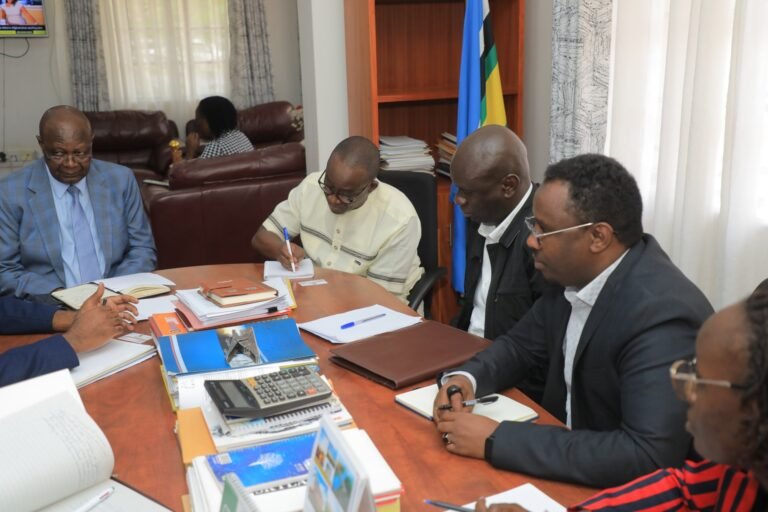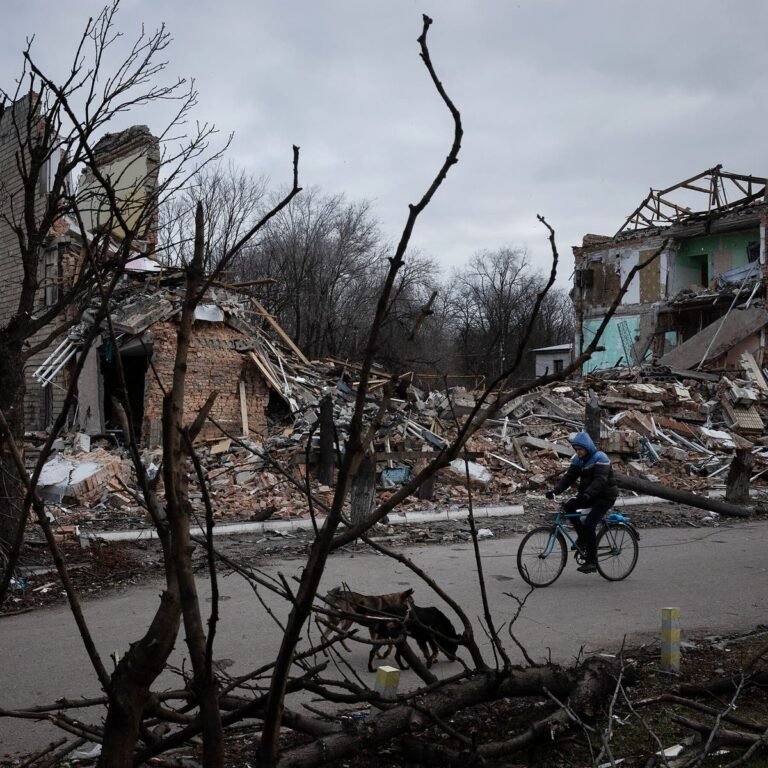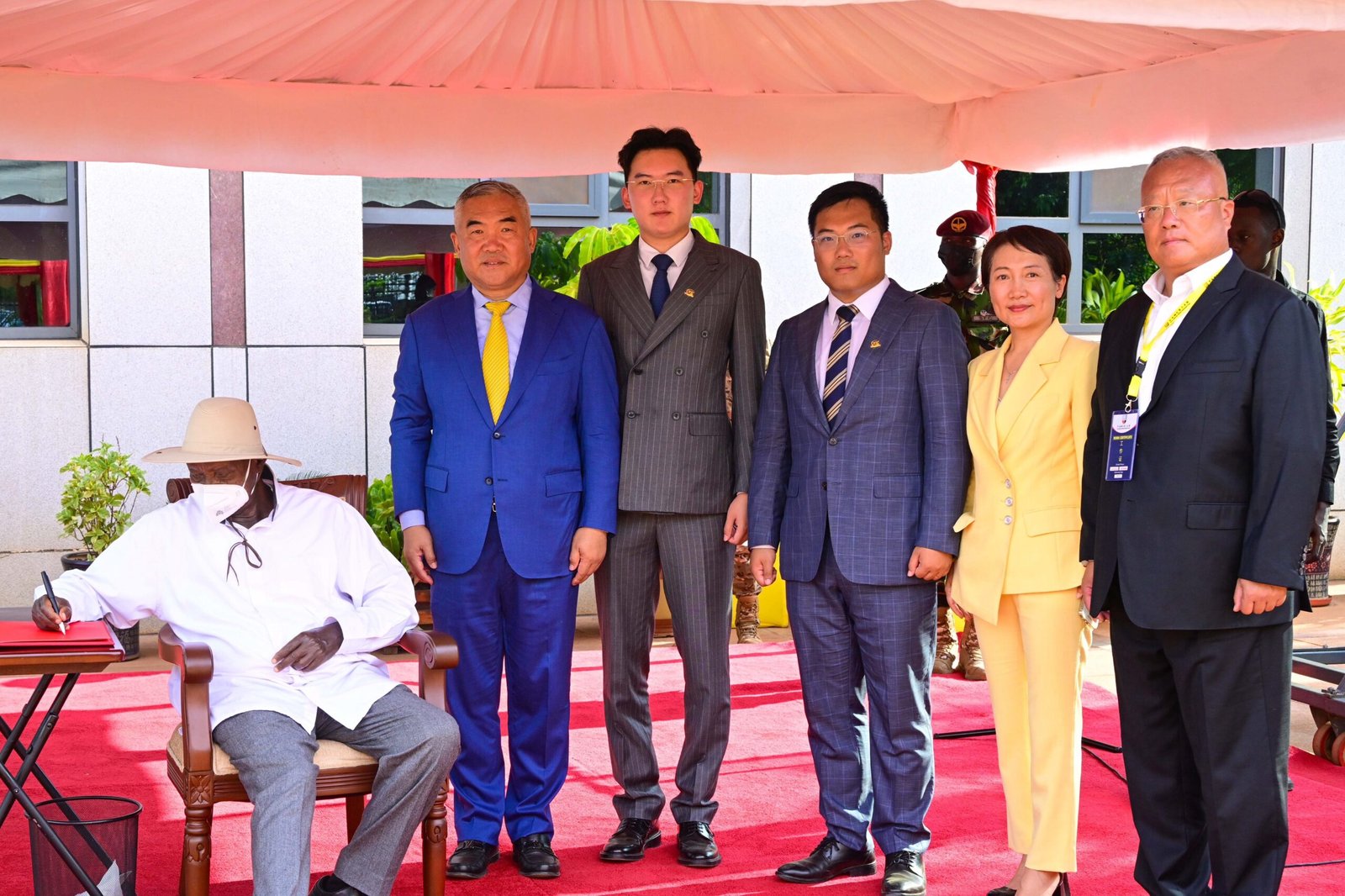
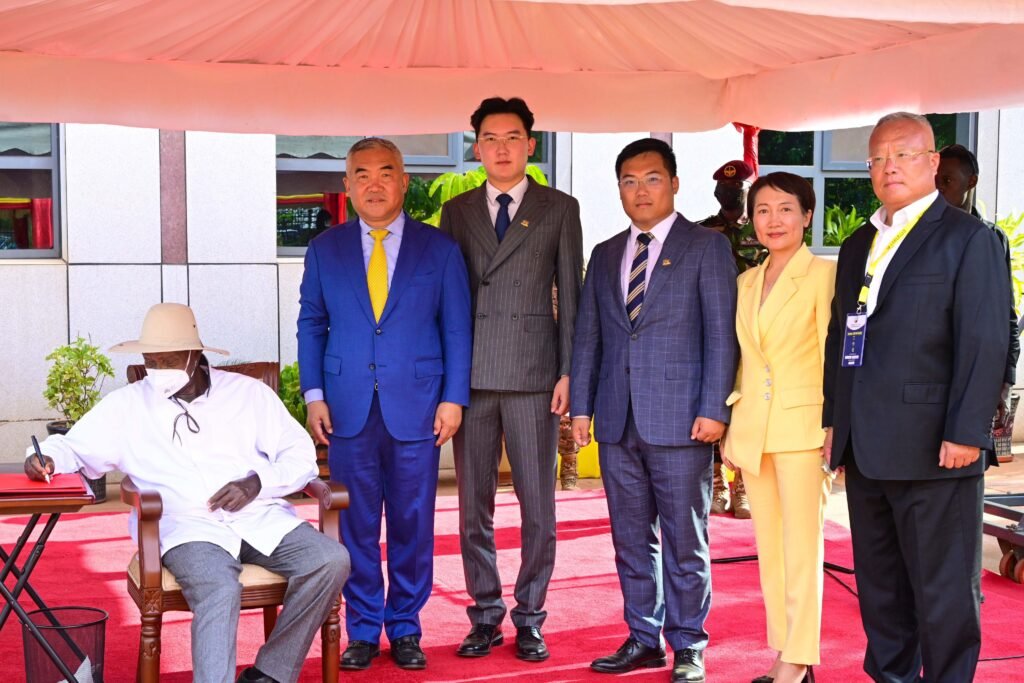
Museveni Hails Mbale Industrial Park as Model for African Transformation, Announces 11,000 Jobs Created
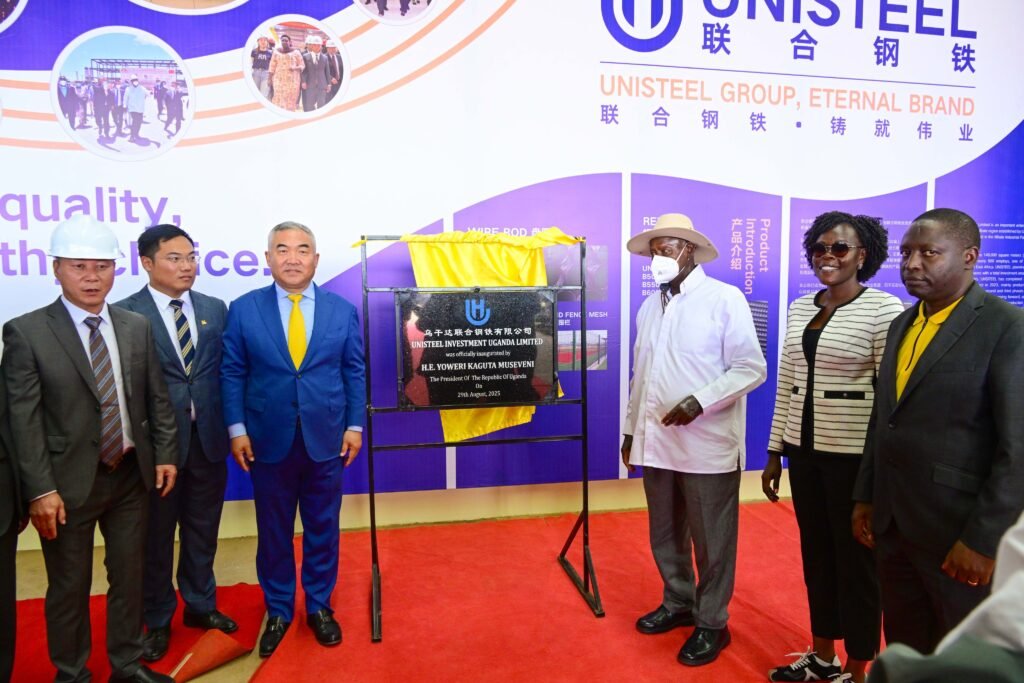
MBALE, UGANDA – President Yoweri Museveni has pointed to the transformative impact of the Sino-Uganda Mbale Industrial Park, revealing that the project has already created over 11,000 jobs, as he inaugurated new factories and laid foundation stones for upcoming ones.
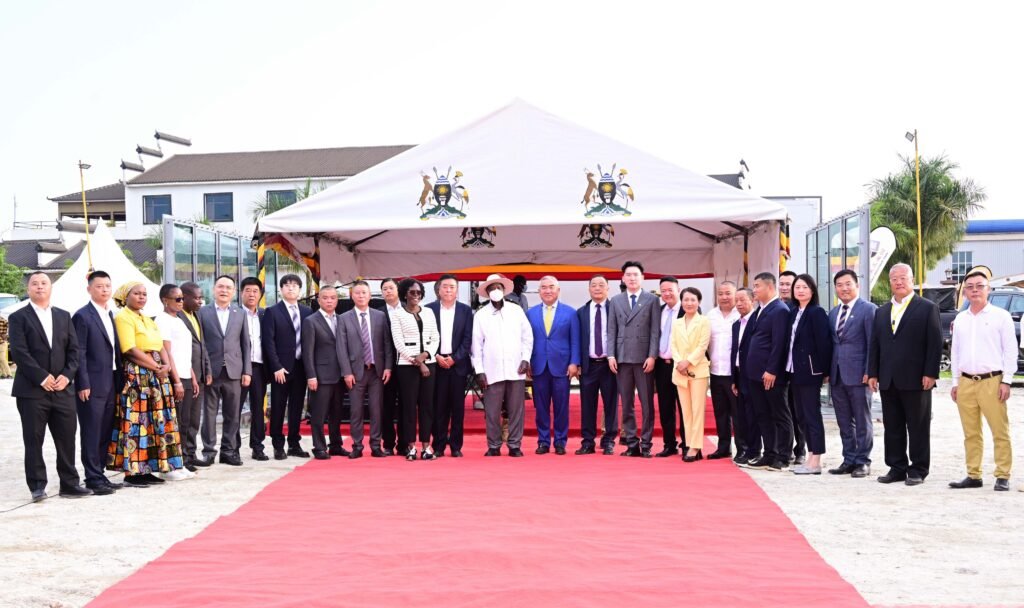
The President’s visit underscored the park’s success in evolving beyond a mere collection of factories into a fully-fledged industrial town focused on manufacturing, a key distinction from retail-centric urban developments.
“Many products are being manufactured at the industrial park and addresses our critical goods requirements,” President Museveni stated during the ceremony. “Furthermore, it has already created 11,000 jobs. This highlights why we emphasise that industries are a crucial part of the solution for Uganda and Africa.”
He expressed his gratitude to the project’s leaders, saying, “I want to thank Mr. Paul Zhang and his team for their hard work, and I assure them of my full support.”
The event became a platform for the President to contrast Uganda’s progressive trajectory with nations suffering from economic paralysis, which he attributed to a deficiency in strategic planning.
“A lack of vision is a primary cause of stagnation in countries,” he asserted. “From the very beginning, the vision of the NRM has been clear: to create wealth through four sectors: commercial agriculture, industry, services, and ICT.”
Reaffirming the government’s core economic doctrine, President Museveni identified industries and services as the primary engines for job creation, describing them as “vital for modernisation.”
The Sino-Uganda Mbale Industrial Park, a cornerstone of the Uganda-China partnership, hosts factories in diverse sectors including textiles, steel, food processing, and construction materials. Its model of import substitution—manufacturing goods locally that were previously imported—is being hailed as a blueprint for industrializing the Ugandan economy and reducing the national trade deficit.
The park’s expansion, with new factories breaking ground, signals continued investment in this model, promising to generate thousands more employment opportunities and further cement Mbale’s status as a hub of industrial production in East Africa.


